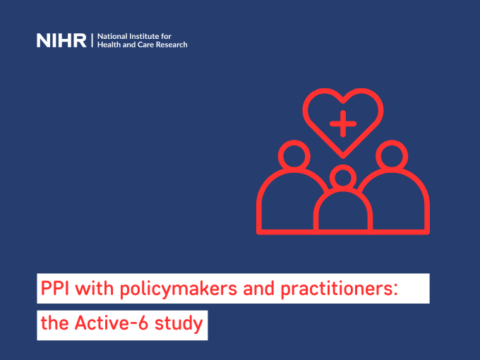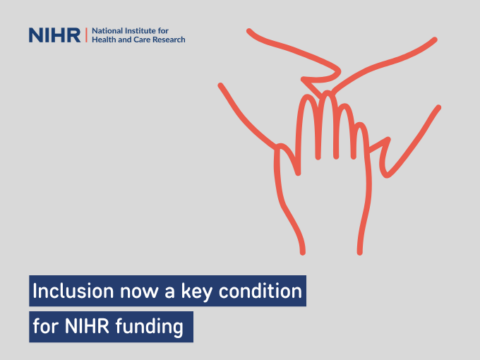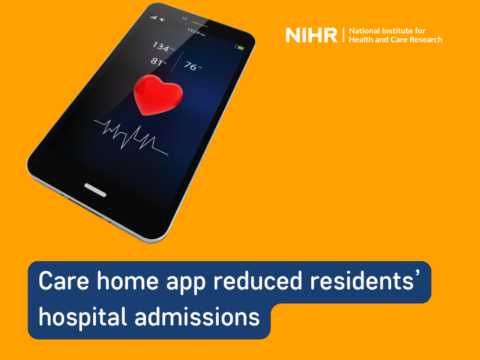
#image_title
The NIHR has awarded £7.8m to its Applied Research Collaborations (ARCs) to build knowledge mobilisation capacity and capability within the health and social care system, including £560,000 allocated to NIHR ARC Northwest London (ARC NWL). Effective from 1st October 2024, this three-year funding will support innovative efforts to translate research into practical improvements in healthcare delivery across Northwest London’s diverse communities.
The initiative aims to reduce the time it takes to roll out effective interventions, policies and models of care to address high-priority national and regional challenges and maximise the impact of research.
- supporting proven strategies, interventions and models of care to be implemented into practice, responding to high-priority areas from national policymakers, the health and care systems and patients and the public
- proactively engaging key stakeholders
- building a knowledge mobilisation community to share learning
- evaluating knowledge mobilisation activities to evidence what works, for whom and why
The ARCs will also appoint knowledge mobilisation “fellows” in local systems. These fellows will form a bridge between the ARCs and the health and care organisations they work with. They will be supported to enhance their skills so they can capture and communicate the needs of local decision makers. They will work with the ARCs to identify existing evidence-based treatments and models of care, and support them into practice, working with practitioners and service users.
The aim is to create a dynamic loop in which knowledge needs are met with evidence in real time, creating an improvement-focused, evidence-based culture.
To deliver on this initiative, the ARCs will work closely with their established partners across the health and care system, including:
- Health Innovation Networks (HINs)
- Integrated Care Systems (ICSs)
- local authorities
- Voluntary Community and Social Enterprise (VCSE) organisations
- health and care providers
- community groups, patients, service users and the public
Why is knowledge mobilisation important?
Promoting impact is core to the NIHR’s mission to improve the health and wealth of the nation. It is one of the five operating principles set out in Best Research for Best Health: The Next Chapter.
Knowledge mobilisation is an iterative, long-term, and two-way process to create the conditions to enable the right people to use the right information at the right time. It involves a two-way dialogue between researchers and research users. By sharing information with and learning from each other, a deeper understanding capable of catalysing change can be achieved. It is one of the processes that facilitates and amplifies the contribution of research to real-world settings.
The NIHR is committed to maximising impact by enabling and supporting the translation of research findings into evidence-based action that transforms the lives of the public, patients, service users and carers.
Bridging the Gap
Led by Professor Azeem Majeed, ARC NWL will focus on enhancing knowledge mobilisation capabilities to bridge the gap between research and practice. This initiative will address key health priorities such as optimising care for people with long-term conditions, improving mental health outcomes for children and young people, and ensuring efficient healthcare delivery. The programme will also recruit four Knowledge Mobilisation Fellows to drive forward these efforts, embedding them within the local Integrated Care System.
The project will foster collaborations with healthcare professionals, local authorities, and voluntary organisations to ensure that the latest research is rapidly and effectively implemented in real-world settings. In addition, it will build a sustainable infrastructure for knowledge mobilisation, promoting continuous improvement in healthcare services across NW London.
Head of NIHR Research Infrastructure, Dr Natalie Owen, said: “Ensuring that effective, evidence-based interventions and models of care reach people living with the greatest burden of disease is vital. This capacity and capability building initiative will enable the ARCs to support work at the interface of research and practice for population benefit.”
To stay updated on the progress of this initiative and learn more about how knowledge mobilisation is transforming healthcare delivery, follow ARC NWL’s work and upcoming events on our website and social media channels.

 Print This Post
Print This Post





